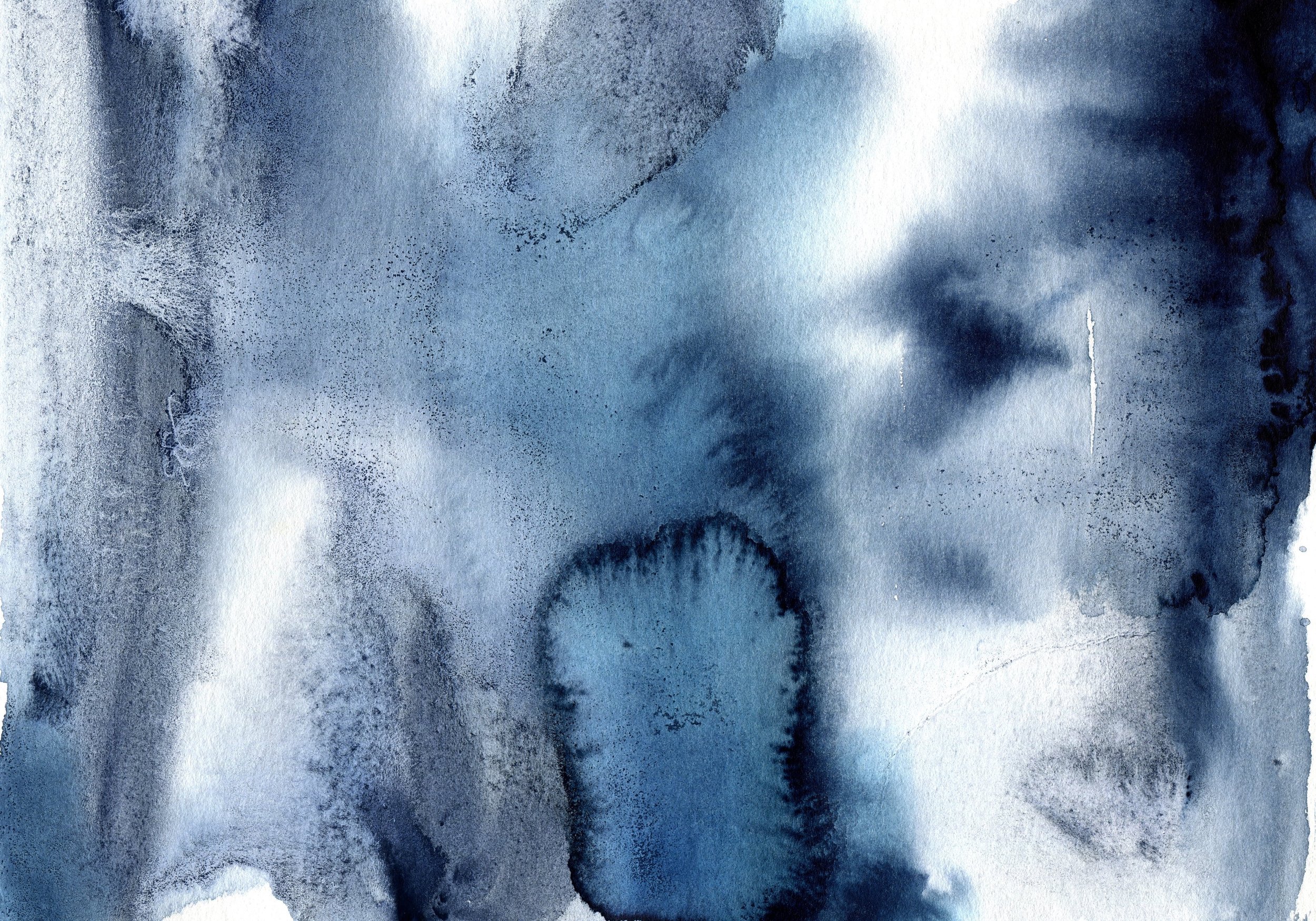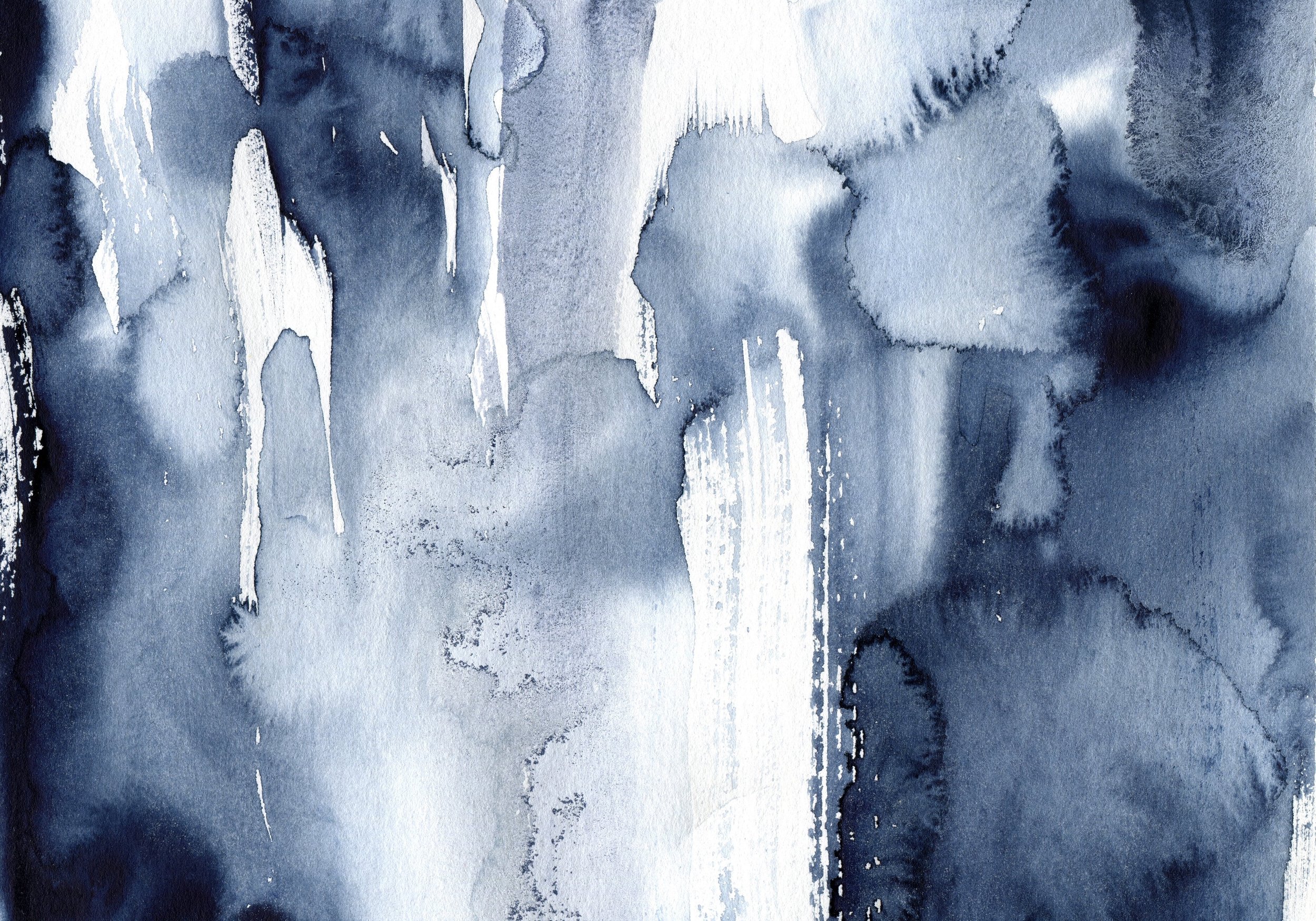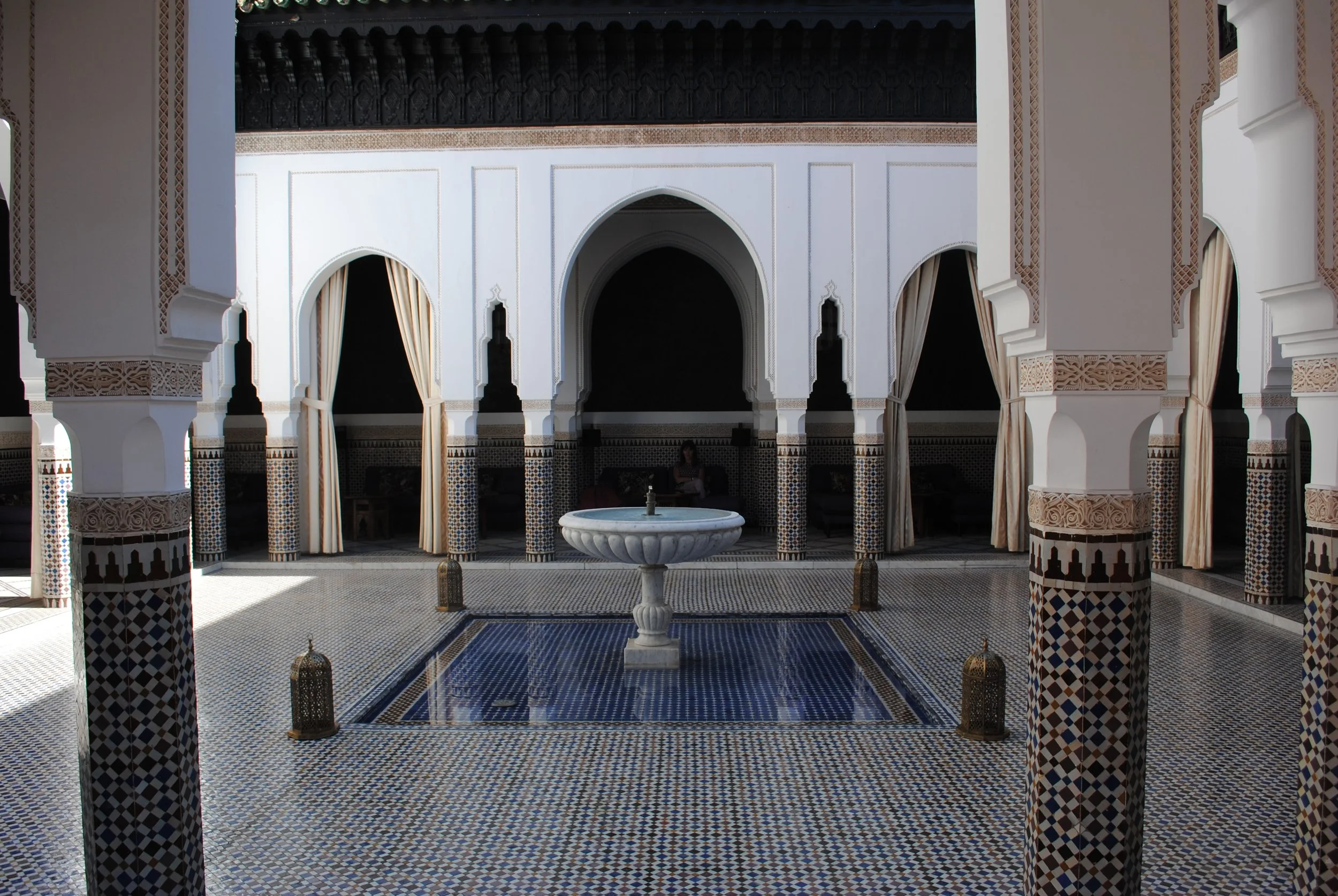
Learn Modern Standard Arabic Online or in Fez, Morocco
Study literary Arabic to deepen your experience of the Arabic-speaking world.
What is MSA/Fossha?
Modern Standard Arabic (MSA or Fossha) is the standardized, literary Arabic used for all politics, media, religion, and official communication throughout North Africa and Western Asia. Arabic is one of the six official languages of the United Nations, and is becoming increasingly more useful as peoples of the world interact on a daily basis. The Arabic alphabet is the second most used alphabetic system for writing in the world (following the Latin alphabet).
Is it useful to learn Modern Standard Arabic/Fossha?
Learning Fossha is worthwhile for those who wish to live, work, or interact with people in and from the Arabic-speaking world. Knowing Fossha is necessary for the purpose of taking in information, such as reading signs and documents, and listening to the news and other media. It is the literary and liturgical language of Islam, and knowing Arabic will allow you to better understand the faith of over a billion people in the world. If your goal is to communicate with people in a specific place, it is probably better for you to study an Arabic dialect. However, if your goal is to work in media, diplomacy, interpretation, or to have the broadest Arabic opportunities available, then Modern Standard Arabic will be the best route for you.
Studying MSA with Crossroads Cultural Exchange
If you want to study Standard Arabic for professional or academic purposes, we offer courses of all levels with flexible scheduling options.
Our courses are based on Georgetown’s "Al-Kitaab" textbook, with supplementary material used as well. The program utilizes textbooks with corresponding audio files and DVDs to help students learn through visual and auditory means.
For MSA we consider one to two 90-minute sessions a day as "intensive," as you will spend three times that amount on homework. Students may also choose to study less intensively, only taking a few classes a week. All students should expect to spend at least a year until they can confidently pick up a newspaper and read it.
Please contact us if you need courses in specialized areas such as Media Arabic, Arabic literature, and Islamic texts.
Study abroad in Morocco
Whether you are studying for a few months, a semester, or an entire academic year, consider spending your time with us in Fes for study abroad. Live authentic Moroccan life doing a homestay while studying intensively at our center. Our class sizes are small, allowing for more teacher-student interaction. The lessons are created to meet your pace and topics of interest. Morocco is a wonderful country where you can study during the week and explore during the weekends. Our staff speaks English, French, Arabic, and Spanish, so people from all countries are welcome and will feel comfortable.
Try a language session for free. Please contact us to schedule a placement test or trial online or in-person at our center in Fes.
How is the program structured?
Regular Schedule
-
Serious Explorer
1 week
10 sessions — 15 hours
-
Al Kitaab Part One
150 hours of instruction
-
Al Kitaab Part Two
150 hours of instruction
-
Al Kitaab Part Three
150+ hours of instruction
Classes can be scheduled upon demand and can start at any time. Email us at hello@crossroadsculturalexchange.com to schedule your classes.
For full-time Arabic students, we recommend studying three hours a day, five days a week.

Student Review
When I completed most of the Moroccan Darrija courses offered by Crossroads Cultural Exchange, I wanted to continue in my Arabic language development by studying Modern Standard Arabic for use in the workplace (educational institutions) and for international communication. After an initial period of intensive study and a very long hiatus, I have returned to study at a much slower pace, once session per week, with the teachers at Crossroads. I find that with every new grammar point or family of vocabulary words that I learn, my understanding of written and formal Arabic around me grows. The use of Modern Standard Arabic in Morocco is pervasive for written materials and for "formal," "official," or religious situations. Although many Moroccans don't use Modern Standard Arabic when speaking, most understand it well when listening and reading, and often assume that you do too as a foreigner. I believe and can see that going through this process of learning all of the grammar rules, common uses, and expanded vocabulary of Modern Standard Arabic is helping me break through that cultural barrier of assumed knowledge to process the linguistic world around me more similarly to how my Moroccan friends and colleagues do. Learning Modern Standard Arabic is also giving me a huge shared experience with Moroccans, who have had to learn the rules and vocabulary in school as distinct from their home dialect. Formal registers of speech are commonly woven into daily conversations and situations through jokes and sarcastic comments in the same way that Shakespearean English is used by native English speakers. It's fun to be able to join into these types of interactions, even if I don't always laugh at the right time!
—Jeff
Language Study
Moroccan Arabic, Modern Standard Arabic, French, and Tamazight
Prices are per person in Moroccan Dirhams (MAD) for one 90-minute session.
All the lesson material for Moroccan Arabic is included in our tuition fees. This includes textbooks, audio files, and flashcards. For Modern Standard Arabic and French, the material will be charged for an additional cost.
MAD 230
Individual Class
Personalized study one-on-one with a language teacher.
MAD 120
Three or more students
Classes will be constituted of students at a similar language level with the permission of the students.
*Price is per student
MAD 175
Two Students
Classes will be constituted of students at a similar language level with the permission of the students.
*Price is per student
MAD 350
Enrollment fee
One-time for all courses apart from the Curious and Serious Explorer courses.











The local dialect of Arabic in Morocco is called Darija (الدارجة), which means “everyday, colloquial language.” Modern Standard Arabic (MSA/Fossha), which is the international Arabic language, is used in writing and in official communication, but often feels somewhat artificial, or stuffy, because people don’t actually speak MSA.